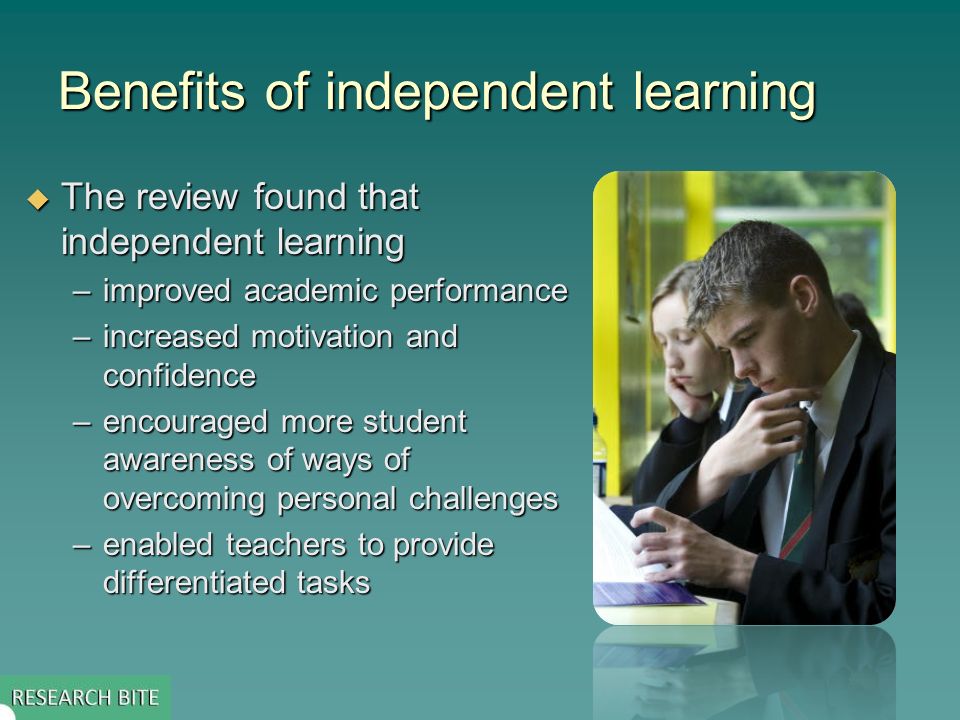If you’re wondering what independent education is, it’s a school without a government control. Independent schools are generally co-educational and run by a board of governors rather than the provincial government. The schools follow their own curriculum and are not under the jurisdiction of any one government or agency. Independent schools are also known as non-governmental or privately funded. Here’s a brief overview of what you can expect. In general, independent schools are more expensive than government-run schools.
Independent schools are co-educational
An independent school is an educational institution that is not affiliated with a larger religious body. These institutions are privately run and are governed by their own board of trustees. They typically have high endowments, and are generally larger than private schools. They often include boarding schools and religious studies, as well as physical facilities. In addition to offering a broad educational experience, independent schools provide opportunities for students to discover new interests and pursue them.
Most independent schools in Australia are co-educational, with only a small proportion of boys enrolled in boys-only schools. The vast majority of independent schools receive their funding from parents and private sources. The majority of government funding for non-government schools is provided by the Australian government. The government provides 76% of recurrent funding for these schools, while state and territory governments provide the remaining 24%. Further, independent schools are typically more selective than their public counterparts, making them ideal for children of different backgrounds.
They do not follow the national curriculum
Independent education does not follow the national curriculum, so there is little correlation between the two. In the UK, for example, pupils from primary and secondary schools study the same curriculum. However, children attending independent schools often receive a more rounded education. The previous system of education was subjective and less effective at reflecting academic ability, so independent schools supplement the national curriculum with their own subjects and prepare students for exam-based testing. This allows independent schools to use the Cambridge International AS and A-levels, as well as Cambridge Pre-U.
Free schools do not follow the national curriculum, but they do have to teach core subjects, such as English, maths, and science. Academies are also not required to follow the national curriculum, but they must follow the standards set by the government. Independent schools can choose a curriculum based on their own needs, but are still required to follow the national curriculum for pupils aged five to 16. Nevertheless, maintained schools must follow the national curriculum for England, although they can focus on specialist subjects or other areas if they meet the other requirements.
They are run by a board of governors
A board of governors is the governing body of a private school. Most independent schools are charitable trusts, and its governors act as trustees of a legally constituted board. Their role is to oversee the school’s financial health and strategic objectives, as well as comply with legal obligations. Governors are usually elected by the school’s parents, community members, professionals, or retired individuals with relevant experience. A number of governors are also educationally trained, with some experience in education and others not.
As with state-run schools, independent schools must comply with all regulations and laws. These include reporting against government grants and participating in national testing. However, there are differences between state and territory governments and the independent sector. Independent schools have to abide by many laws and regulations, including those relating to employment, workplace, privacy, and building codes. But, unlike government schools, private schools are generally accountable to parents and the community.
They are not managed by the provincial ministry
In Ontario, independent education is growing at an astonishing pace. In the 2016-2017 school year alone, 138,412 students enrolled in private schools, an increase of 21 percent over the decade prior. The proportion of students in non-government schools also increased by 25 percent. But how do independent schools compare to government-run schools? How can parents choose a non-government school for their child? Here are some tips.
To ensure a quality education, independent schools must follow a number of regulations. They must have policies and procedures for preventing money laundering and ensuring the privacy of students. These policies and procedures should provide consistency and fairness in decision-making and offer a procedure for appeal. The Procedural Fairness: Best Practices for Independent Schools is a great place to start. The key is ensuring that you have a code of conduct, and enforcing it.
They provide a broad educational experience
Independent education can offer a wide range of educational opportunities for young people. In addition to the rigorous academic curriculum, independent education fosters the development of 21st century skills such as critical thinking, creativity, and humility. This, in turn, helps young people make a difference in the world and shape it for the better. The results of independent education speak for themselves. But what can you expect from an independent education? Below are some of the benefits that you can expect to receive.
One major benefit of an independent education is the opportunity to learn from a highly diverse range of teachers. In addition to teachers who specialize in different areas of learning, independent schools offer a broad educational experience that goes beyond textbooks. Students at these schools are encouraged to strive for personal excellence and excel in a variety of subjects, with inspirational purpose-built facilities and historical buildings and acres of green space. It may be difficult to find an independent school in a city that offers such a diverse educational experience, but it will certainly offer you a unique opportunity to get the most out of your education.

